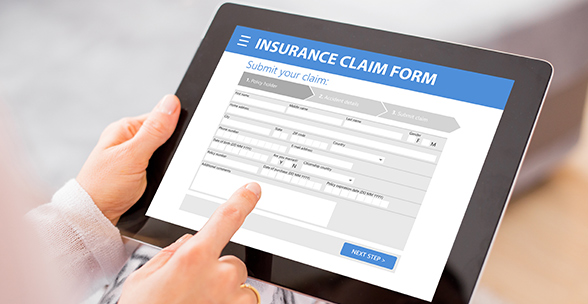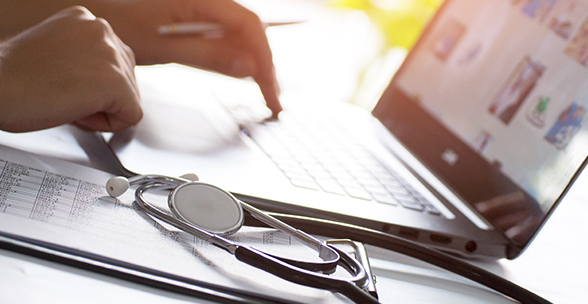Providers Share Stories about Achieving ROI with EHRs
 Let’s face it: EHR implementation can be a costly venture. Not only do practices incur costs for purchasing and licensing EHR technology, but they also experience costs associated with lower productivity, training, change management, and transitions in workflows. Thus, it’s no surprise that practices want—and need—to ensure that they’ll eventually see a return on investment (ROI) for all of the time, labor, and resources that they invest.
Let’s face it: EHR implementation can be a costly venture. Not only do practices incur costs for purchasing and licensing EHR technology, but they also experience costs associated with lower productivity, training, change management, and transitions in workflows. Thus, it’s no surprise that practices want—and need—to ensure that they’ll eventually see a return on investment (ROI) for all of the time, labor, and resources that they invest.What type of EHR ROI can the average practice expect?
For Coastal Medical, a physician-owned practice based in Providence, RI, the ROI of its EHR is apparent. Overall, the practice says it received a 200% ROI by improving the quality of care it delivers to patients. The ROI can be attributed to better chronic care management, expansion of services to offer a weekend clinic, and the ability to take advantage of Meaningful Use, PQRI, and eprescribing.
HealtIT.gov shares a variety of stories in which providers have voiced many benefits derived from EHRs and Meaningful Use. Improved patient care is the most common thread among many of these stories. Improvements in patient care contribute to ROI because they enhance outcomes that are so important in an increasingly quality-driven healthcare environment.
Consider Dr. Tobe Fisch, a primary care internist and director of practice innovation at Princeton Health Affiliated Physicians/Princeton Medicine (Princeton Medicine). Princeton Medicine includes the outpatient practices of Princeton HealthCare System in Princeton, New Jersey. Fisch and his colleagues worked to integrate Princeton Medicine’s EHR with Princeton HealthCare System’s health information exchange so providers would have instant access to information such as blood tests, radiology and pathology results, dictations, and discharge summaries. This improved care coordination that targets high-risk patients has increased immediate post-discharge follow-up with patients from 0% to 100% and ensured that most of Princeton Medicine’s patients are seen within 7 to 14 days of hospital discharge. Fisch’s story exemplifies the ways in which EHR technology can address gaps in care, particularly for patients with multiple chronic conditions and/or frequent hospitalizations.
Improving outcomes is an important aspect of the ROI of EHR technology. Consider Chad Jensen, the executive office manager at LaTouche Pediatrics, a three-site pediatric practice in Anchorage, Alaska. Jensen's practice uses EHR-generated clinical summaries to identify patients who are due for certain immunizations. Here’s how it works: The EHR generates lists of patients who require immunizations. These lists are uploaded into an automated calling system. This system then notifies patients to call a scheduler and set up an appointment. Jensen’s work incorporating an automated immunization reminder system into the practice has been instrumental in improving immunization rates and outcomes.
Dr. John Berneike, a family physician and clinical director at St. Mark’s Family Medicine, an independent practice and residency clinic in Salt Lake City, uses the EHR to improve outcomes for patients with diabetes. After recording baseline clinical measures for patients with diabetes, the clinic uses a data analytics tool to scan the EHR database and generate daily status reports about patients with diabetes. The clinic uses this information to monitor changes in clinical markers and provide patients with preventive care reminders.
Some practices have had success with directly lowering operating costs as a result of EHR implementation. Consider Dr. Michael Salesin, a West Bloomfield, MI gynecologist, who says the EHR has resulted in fewer FTEs, significantly lower paper costs, and a more efficient workflow. In addition, 95% of patients access electronic data—particularly test results—from their records through a patient portal.
Questions remain
Despite these success stories, questions remain. Why do some practices see a clear return while others may not? And does there have to be ROI to justify an EHR when there are so many other benefits? Some of these are addressed in the recent webinar, Finding ROI in Your EHR, which is available to watch anytime.




















